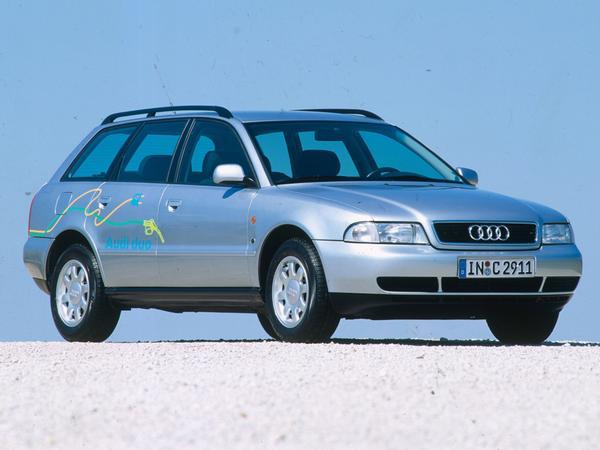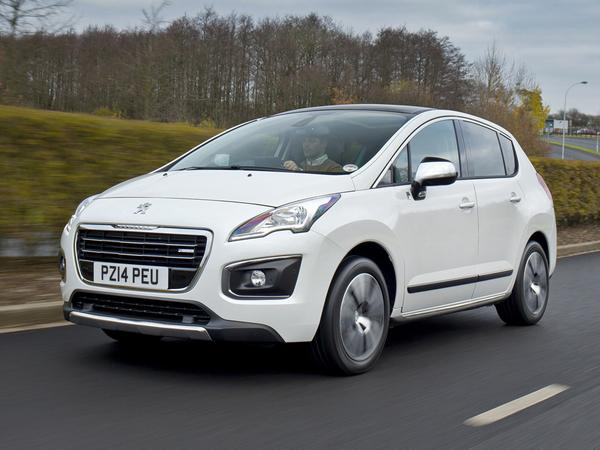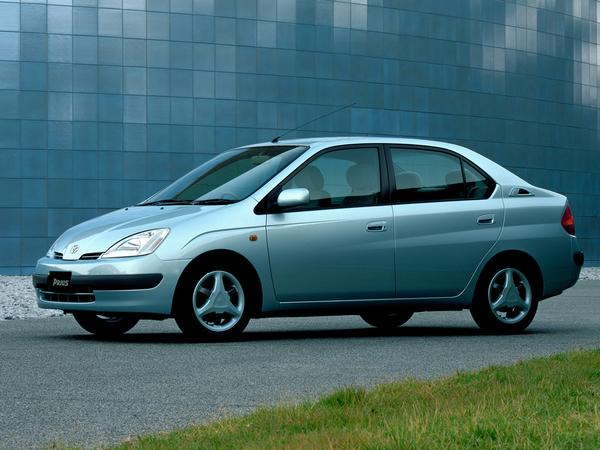PH Origins: Diesel-electric hybrids
The diesel-electric hybrid might seem a relatively modern development, but tech-focused Audi was well ahead of the curve

The concept, after all, is well proven - with the technology's origins dating back to the late 1800s. The development of petrol-electric hybrids continued apace from then on, with several small companies offering new systems as technology advanced.
As air pollution became a significant problem in cities, however, major manufacturers took more interest in the concept and began work on systems designed for mass production. Diesel engines were typically overlooked for automotive hybrid applications, though; in many markets diesel was expensive, and the engines themselves often proved heavier, costlier and less refined than their petrol counterparts.

The VW Group's subsidiary, Audi, took a similar interest in hybrid development - as it foresaw a time when conventional cars might be banned from city centres. The company, in particular, was keen to find a way to tackle excessive hydrocarbon and nitrogen oxide emissions and, in 1989, it introduced a prototype petrol-electric hybrid 100 Avant, called the 'Duo'. Its weight and cost again proved prohibitive but, as pollution continued to increase in urban areas, work on the concept persisted.
Audi revealed its third Duo concept, based on an A4 Avant and dubbed 'Audi Duo', at the Berlin motor show in October 1996. A 90hp 1.9-litre diesel drove the front wheels through a manual gearbox, while a 30hp electric motor drove the back axle - an arrangement later called 'through the road'. Audi claimed a 0-62mph time of 15.6 seconds, an all-electric range of 31 miles and an average economy of 79.4mpg.

The third-generation Duo was, in any case, Audi's first production hybrid and the world's first production diesel-electric hybrid car. Its onboard battery could also be recharged from the mains, making it the first production plug-in hybrid - some 14 years before the Volvo V60 Plug-in Hybrid was touted as trail blazing.
Audi envisioned 500 Duos being produced each year but several months later only 60 had been made. Cost was cited as the reason for a lack of commercial success, but feedback from real-world trials also proved underwhelming.

Other reports were similarly damning; when the Duo was unveiled in September, Toyota was also previewing its petrol-electric Prius. Its hybrid powertrain was reportedly more mature and, according to the Institute of Electrical and Electronics Engineers, likely to 'represent the defining hybrid configuration'. Interestingly, the report suggests that the Duo was available before the Prius, which was certainly the case in Europe, although the Toyota was unquestionably the first mass-produced hybrid.
Audi, finding no success with its expensive Duo, quietly dropped the concept. It wasn't until 2010 that it ventured back into the production hybrid field - and it took until 2012 for the next production diesel-electric hybrid to arrive, in the form of Peugeot's 3008 HYbrid4.
Peugeot's diesel-electric hybrid was predictably marketed as 'a first' but, in any case, it served to draw the technology back into the limelight. Many manufacturers, striving to meet ever-tightening regulations and demand, jumped onto the bandwagon - but, unbeknownst to them and despite technological advances, most were merely repeating what Audi had already encountered and achieved years before.
Lewis Kingston
Gassing Station | General Gassing | Top of Page | What's New | My Stuff




